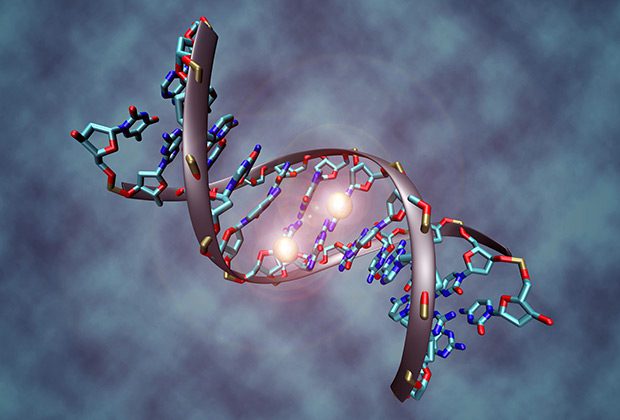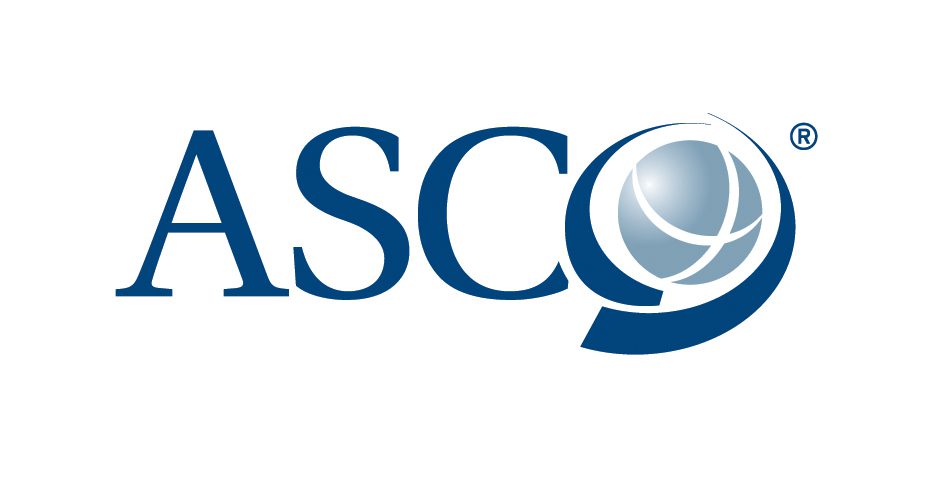It’s Time to Tell The Stories: Our Good News – Jim
Our Good News Holiday Campaign is the culmination of our year of "Time to Tell the Stories 2022." In this series, we celebrate the connections, the celebrations, the events and milestones that we’ve been privileged to be a part of this year. Jim Hughes talks about research.



